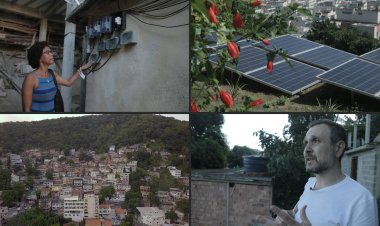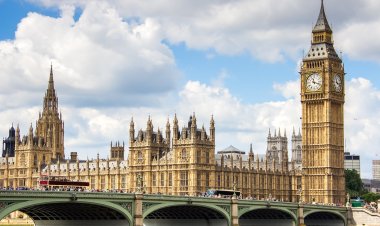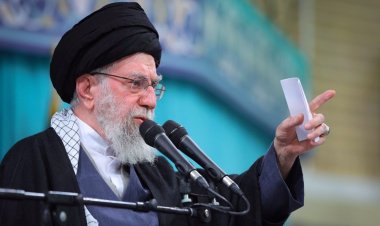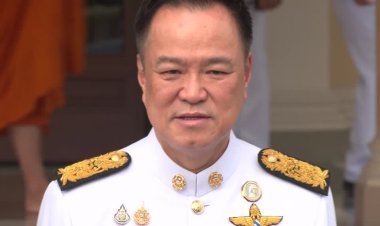Portugal Marks 50 Years Since Carnation Revolution
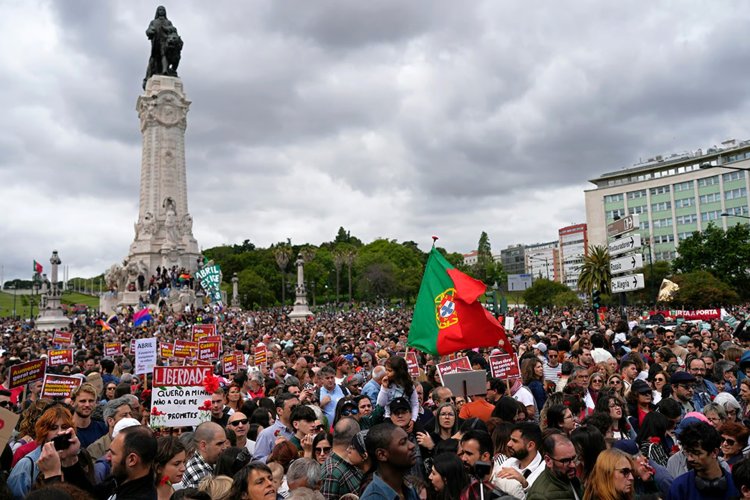
Portugal marked 50 years since a military coup ended a decades-long dictatorship and 13 years of African colonial wars, with the anniversary marked by the rising prominence of a far-right party.
The half-century of the Carnation Revolution -- named after the flowers protesters placed in soldiers' guns during the peaceful uprising -- comes a month after the far-right party Chega more than quadrupled its seats in parliament, cementing its position as Portugal's third-largest party.
The celebrations began with a military ceremony on Lisbon's central square beside the Tagus River.
It will conclude with a meeting between Portugal's conservative President Marcelo Rebelo de Sousa and his counterparts from former colonies Angola, Mozambique, Guinea-Bissau, Cape Verde and Sao Tome and Principe.
In a surprise statement, Rebelo de Sousa this week raised the possibility that Portugal could pay reparations to its former colonies.
"We are responsible for what we did there, we have to pay the cost," he told foreign journalists, citing "unacceptable historic behavior".
He did not give details of how this should be done -- and his position is not backed by the center-right government that took power after last month's elections.
At the "solemn session" organized in parliament, the president did not mention his suggestion, which was heavily criticized by the far right.
According to a survey published last week, half of the respondents said the former regime had more negative aspects than positive, but a fifth said the opposite.
On April 25, 1974, what at the time was the oldest authoritarian regime in Western Europe fell within a matter of hours, virtually without bloodshed, thanks to an uprising by non-commissioned officers that was immediately backed by the public.
The coup paved the way for the country's first free elections based on universal suffrage on April 25, 1975, as well as the independence for Portugal's remaining African colonies.




